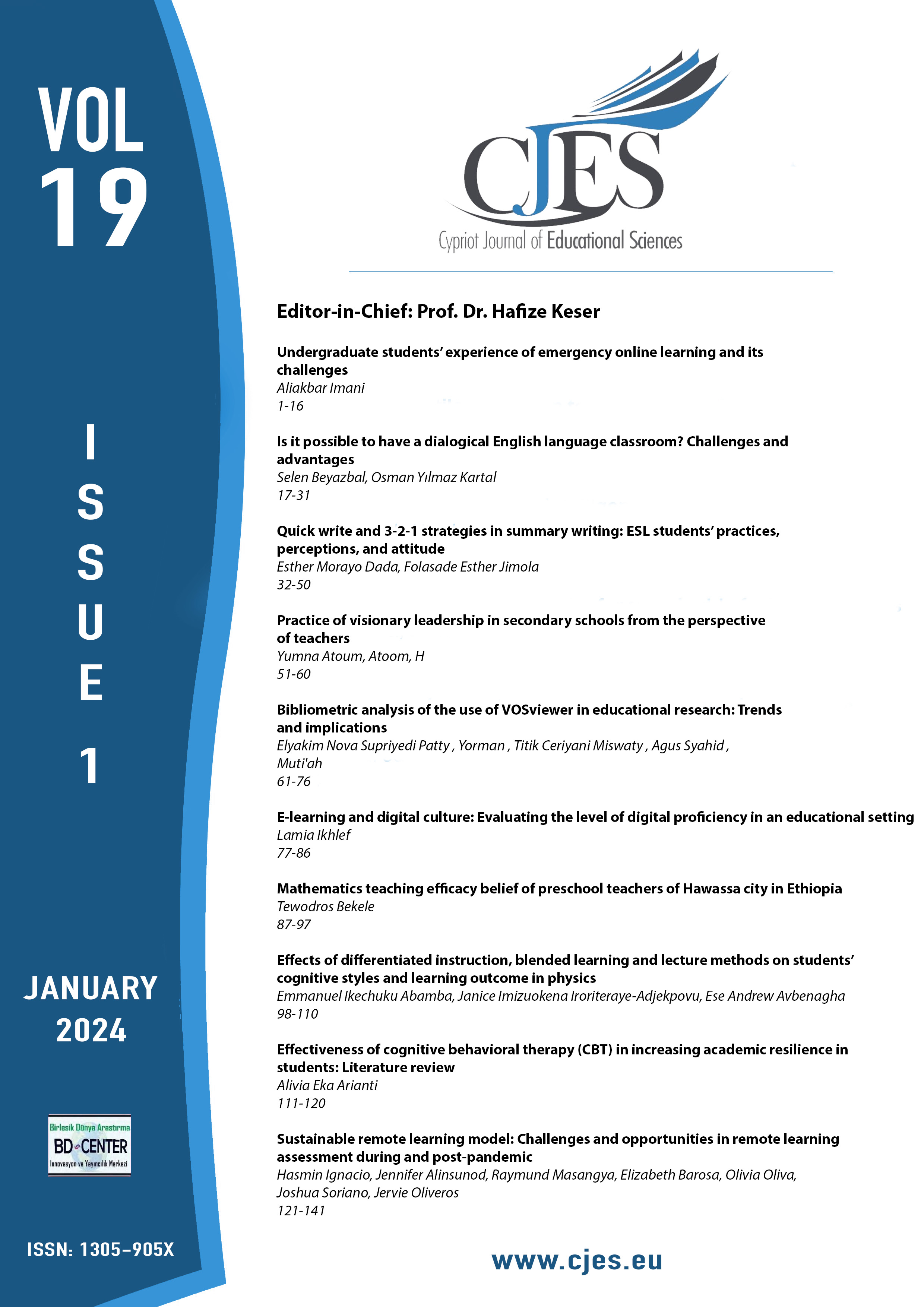Sustainable remote learning model: Challenges and opportunities in remote learning assessment during and post-pandemic
Main Article Content
Abstract
This paper document investigates the impact of remote learning on education systems during and after the COVID-19 pandemic, focusing primarily on the experiences of educators and learners. The study employs a mixed-methods approach, incorporating qualitative and quantitative analyses to evaluate remote learning's effectiveness and challenges comprehensively. Findings highlight significant challenges such as technology access, adaptation to online teaching methods, and maintaining student engagement. Despite these challenges, the implementation of remote learning facilitated educational continuity during the pandemic, demonstrating the potential for permanent integration into educational frameworks. The study concludes that while remote learning can enhance flexibility and accessibility, it requires substantial improvements in technology infrastructure and teacher training. Recommendations for future research include exploring strategies to enhance digital literacy, developing robust support systems for educators, and investigating long-term outcomes of remote learning on educational quality.
Keywords: Blended learning; digital literacy; remote learning; sustainable remote learning model; teacher training.
Downloads
Article Details

This work is licensed under a Creative Commons Attribution 4.0 International License.
Cypriot Journal of Educational Sciences is an Open Access Journal. The copyright holder is the author/s. Licensee Birlesik Dunya Yenilik Arastirma ve Yayincilik Merkezi, North Nicosia, Cyprus. All articles can be downloaded free of charge. Articles published in the Journal are Open-Access articles distributed under a CC-BY license [Attribution 4.0 International (CC BY 4.0)].
Birlesik Dunya Yenilik Arastirma ve Yayincilik Merkezi (BD-Center)is a gold open-access publisher. At the point of publication, all articles from our portfolio of journals are immediately and permanently accessible online free of charge. BD-Center articles are published under the CC-BY license [Attribution 4.0 International (CC BY 4.0)], which permits unrestricted use, distribution, and reproduction in any medium, provided the original authors and the source are credited.

